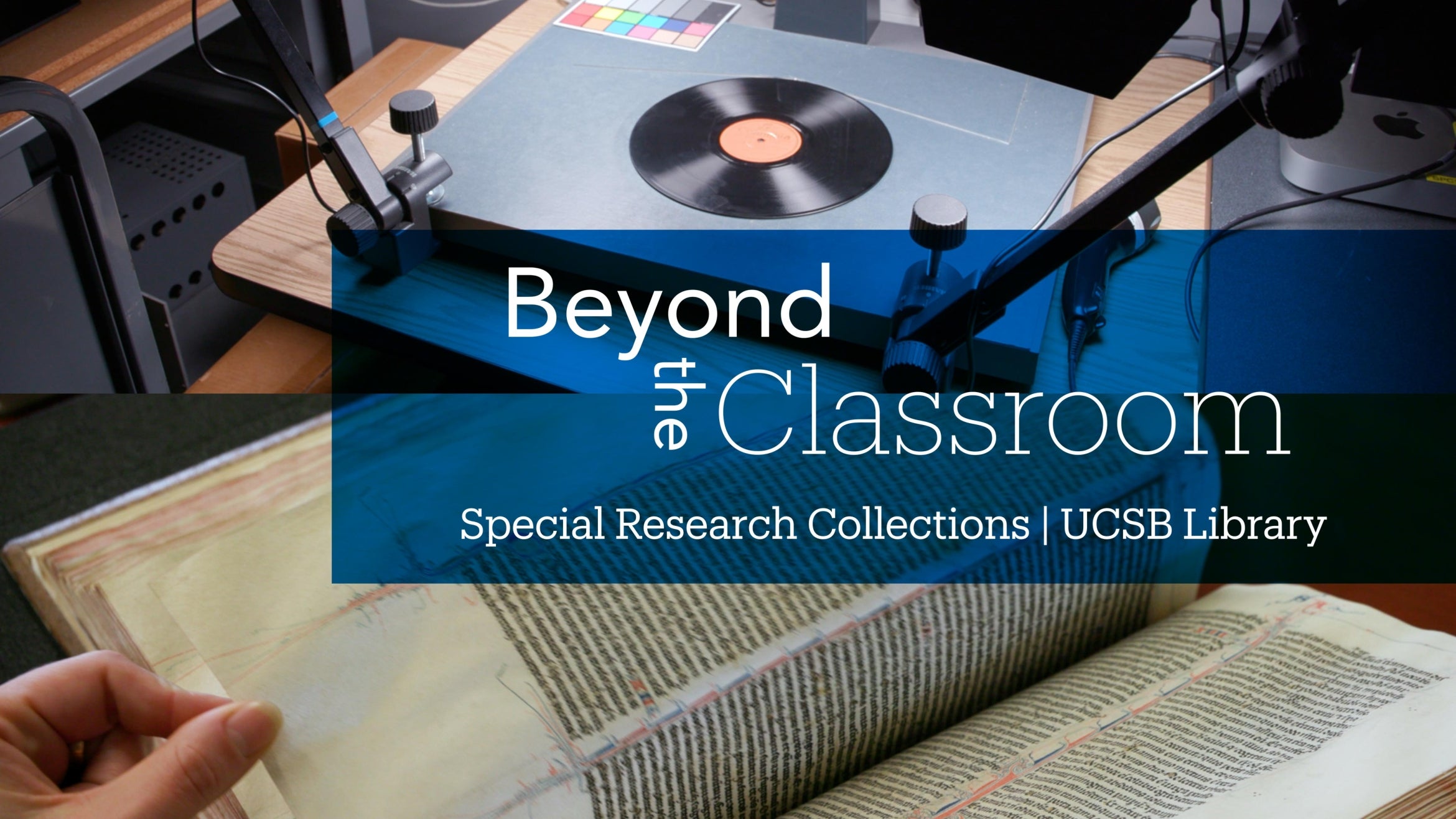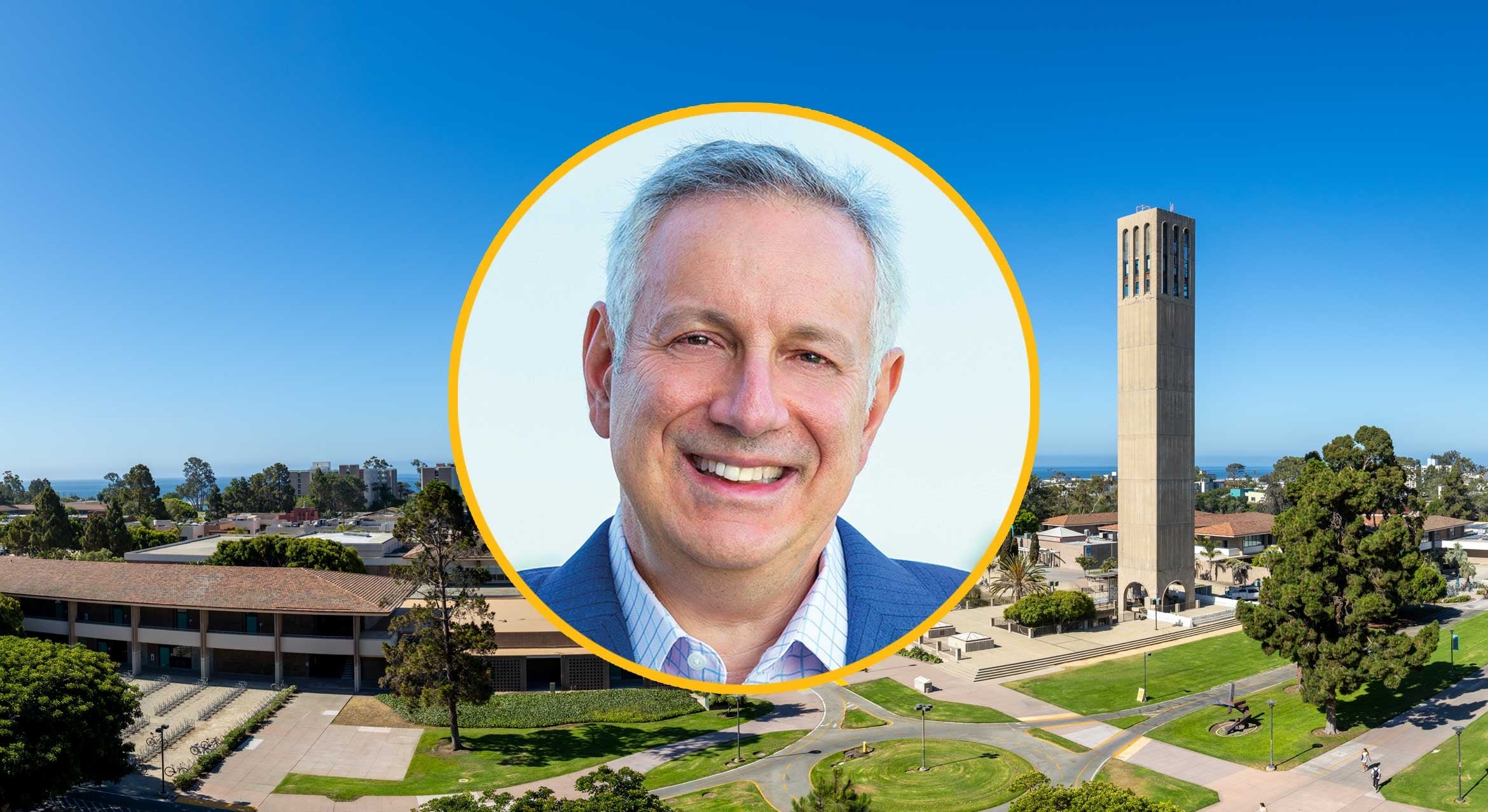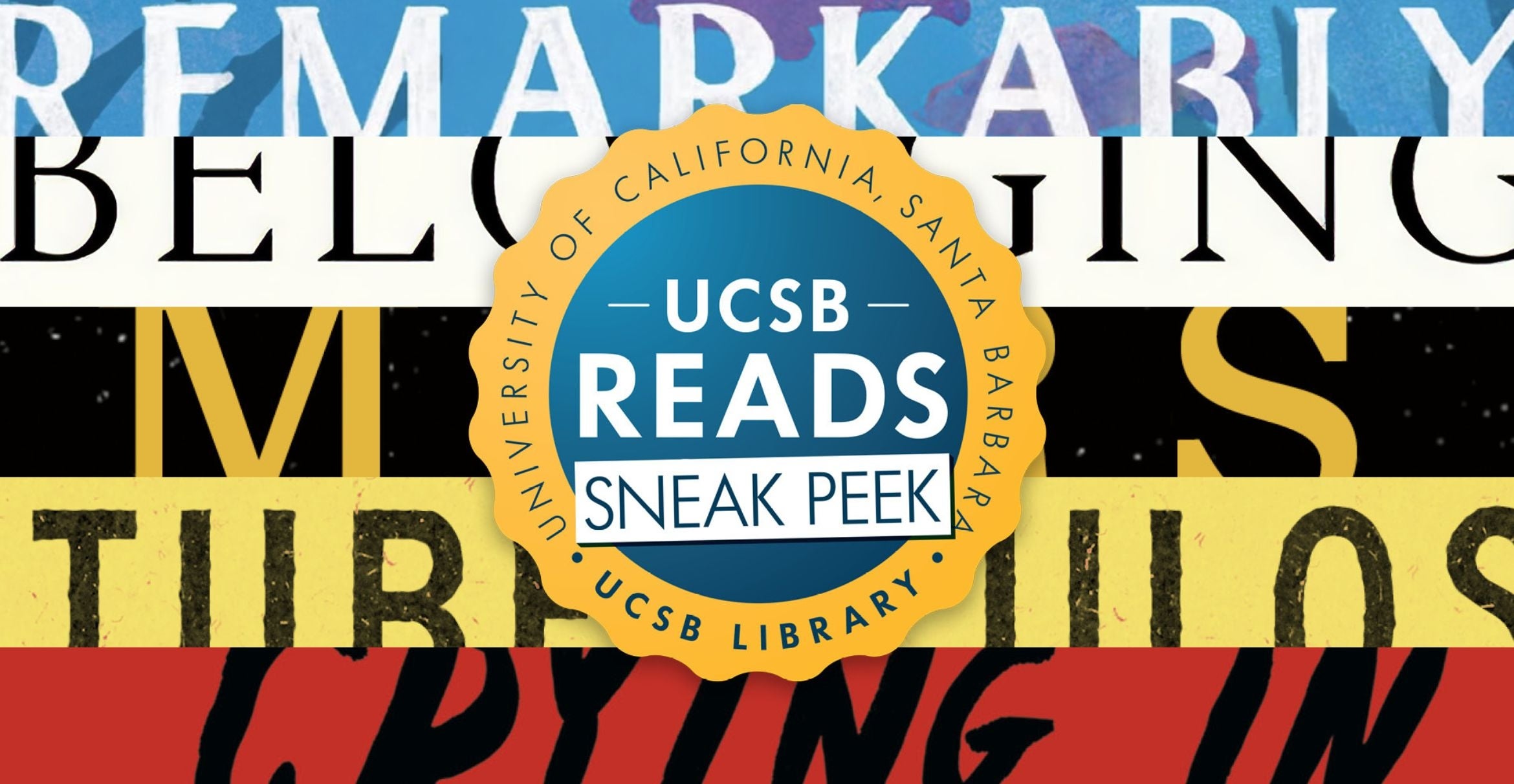Kolea Zimmerman, 13, From Volcano, Hawaii, Wins a Week at UCSB Marine Science Institute as a Top Prize in National Middle School Competition
And the winner is, Kolea Zimmerman, of Volcano, Hawaii.
The 13-year-old will be treated to a marine science experience, including a trip to the laboratories of the Marine Science Institute (MSI) at the University of California, Santa Barbara. With a chaperone, he will have the opportunity to spend a week of study with leading marine scientists in locations along the South Coast of California, including Santa Barbara and the Channel Islands.
This, one of several prizes in a national middle school competition, was announced at a morning ceremony in Washington, D. C. today. Forty middle-school finalists -- 25 girls and 15 boys -- from all over the country, competed in The Discovery Young Scientist Challenge for three days this week at the Smithsonian Institution. The contest, sponsored by Discovery Communications, was designed to encourage interest in science among fifth to eighth graders.
The University of California, Santa Barbara was the only university to be selected to provide an award for the contest. The Marine Science Institute (MSI) is known for its outreach to school-age children through the Young Marine Scientist Program.
First-hand learning about kelp forests and tide pools, ocean currents and sea life will be part of the special package that Kolea will open when he visits MSI.
"Many scientists can remember special experiences from childhood that introduced us to the excitement of scientific discovery," said Steve Gaines, director of MSI. "I'm confident that Kolea will have many opportunities while he is here to experience that thrill."
For the MSI award at UC Santa Barbara, the winner demonstrated superior knowledge, appreciation and application of an interdisciplinary approach to solving science problems and a superior appreciation of the complexity of biology and related fields.
Kolea's winning research project is titled, "Mycoprospecting in Hawaii, A search for Antibiotics in the Xylariaceae." His idea for the project came about from his interest in studying wild mushrooms and other fungi. Kolea designed an experiment that would test the antibacterial properties of the fungi Xylariaceae. He discovered that two of the 11 forms of the fungi tested produced antibiotic properties. Kolea spends much of his free time outdoors, especially playing soccer. He aspires to a career in science engineering where he can apply his love of electronic devices.
"We are proud of today's winner because he demonstrated the same interdisciplinary strengths that are the hallmark of the Marine Science Institute and UC Santa Barbara," said Gaines.
Kolea will visit MSI in the summer of 2001.
The Discovery Young Scientist Challenge (DYSC) is a national science competition for middle school students established to encourage the exploration, understanding and communication of science among America's youth, according to its sponsor, Discovery Communications, owner of The Discovery Channel. The 40 finalists competed for $100,000 in scholarships and other prizes.
The contest is sponsored by Discovery Communications, Inc. (DCI) in partnership with Science Service, Inc. DCI's Discovery Channel now has global operations in 150 countries with 180 million total subscribers. Science Service, Inc., founded in 1921, is one of the most respected non-profit organizations advancing the cause of science. Based in Washington, D.C., Science Service seeks to keep the public abreast of the latest in science information and technology.
The DYSC contest targets middle school students because recent studies suggest that children in this country lose interest in science as they get older. According to a September 2000 report by the National Commission on Math and Science Teaching for the 21st Century, American fourth graders rank among the world's best in math and science; however, by the time they reach high school, they slip to nearly last among major industrialized countries.
The Marine Science Institute ranks nationally and internationally as a leader in ocean research. Founded in 1969, MSI supports research spanning 14 disciplines including marine biology, ocean engineering, physical oceanography and marine biotechnology. The MSI also publishes a quarterly journal called Coastal Discovery.
###Editors: The website for the Discovery Young Scientist Challenge is:http://www.youngscientistchallenge.com/
The website for the Marine Science Institute at the University of California,
Santa Barbara is: http://www.msi.ucsb.edu/
The website for the Young Marine Scientist Program at the Marine Science Institute is: http://www.msi.ucsb.edu/education/research-experience-and-education-fac….



